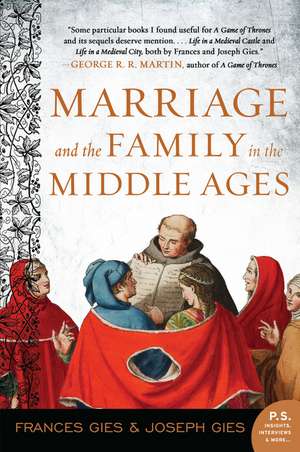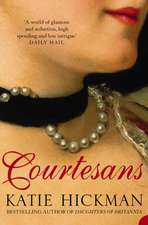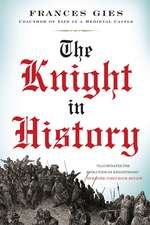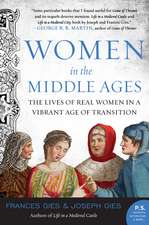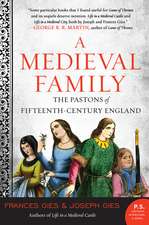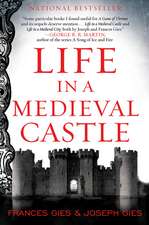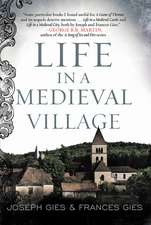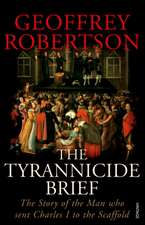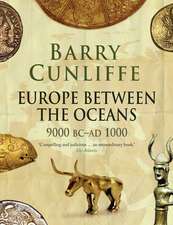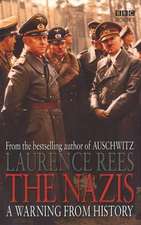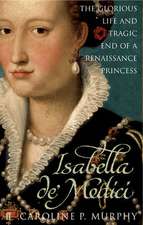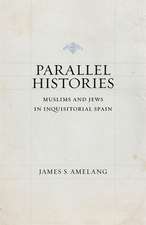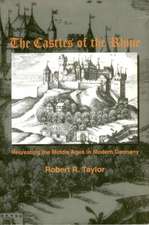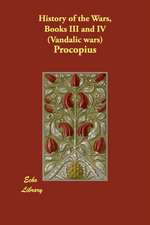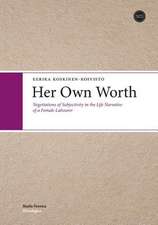Marriage and the Family in the Middle Ages: Medieval Life
Autor Frances Giesen Limba Engleză Paperback – 5 aug 2019
“Some particular books that I found useful for Game of Thrones and its sequels deserve mention. Life in a Medieval Castle and Life in a Medieval City, both by Joseph and Frances Gies.” —George R. R. Martin, author of Game of Thrones
Throughout history, the significance of the family—the basic social unit—has been vital. In Marriage and the Family in the Middle Ages, acclaimed historians Frances and Joseph Gies trace the development of marriage and the family from the medieval era to early modern times. It describes how the Roman and barbarian cultural streams merged under the influence of the Christian church to forge new concepts, customs, laws, and practices. Century by century, the Gies follow the development—sometimes gradual, at other times revolutionary—of significant components in the history of the family including:
- The basic functions of the family as a production unit, as well as its religious, social, judicial, and educational roles.
- The shift of marriage from private arrangement between families to public ceremony between individuals, and the adjustments in dowry, bride-price, and counter-dowry.
- The development of consanguinity rules and incest taboos in church law and lay custom.
- The peasant family in its varying condition of being free or unfree, poor, middling, or rich.
- The aristocratic estate, the problem of the younger son, and the disinheritance of daughters.
- The Black Death and its long-term effects on the family.
- Sex attitudes and customs: the effects of variations in age of men and women at marriage.
- The changing physical environment of noble, peasant, and urban families.
- Arrangements by families for old age and retirement.
| Toate formatele și edițiile | Preț | Express |
|---|---|---|
| Paperback (2) | 120.67 lei 3-5 săpt. | |
| HarperCollins Publishers – 5 aug 2019 | 120.67 lei 3-5 săpt. | |
| HarperCollins Publishers – 22 ian 1989 | 125.96 lei 3-5 săpt. |
Preț: 120.67 lei
Nou
Puncte Express: 181
Preț estimativ în valută:
23.09€ • 24.08$ • 19.19£
23.09€ • 24.08$ • 19.19£
Carte disponibilă
Livrare economică 27 februarie-13 martie
Preluare comenzi: 021 569.72.76
Specificații
ISBN-13: 9780062966810
ISBN-10: 0062966812
Pagini: 400
Dimensiuni: 135 x 203 x 23 mm
Greutate: 0.32 kg
Editura: HarperCollins Publishers
Colecția HarperPerennial
Seria Medieval Life
ISBN-10: 0062966812
Pagini: 400
Dimensiuni: 135 x 203 x 23 mm
Greutate: 0.32 kg
Editura: HarperCollins Publishers
Colecția HarperPerennial
Seria Medieval Life
Notă biografică
Frances (1915?2013) and Joseph (1916?2006) Gies were the world's bestselling historians of medieval Europe. Together and separately, they wrote more than twenty books, which col-lectively have sold more than a million copies. They lived in Michigan.
Textul de pe ultima copertă
A
compelling,
lucid,
and
highly
readable
chronicle
of
medieval
life
written
by
the
authors
of
the
bestsellingLife
in
a
Medieval
CastleandLife
in
a
Medieval
City
Historians
have
only
recently
awakened
to
the
importance
of
the
family,
the
basic
social
unit
throughout
human
history.
This
book
traces
the
development
of
marriage
and
the
family
from
the
Middle
Ages
to
the
early
modern
era.
It
describes
how
the
Roman
and
barbarian
cultural
streams
merged
under
the
influence
of
the
Christian
church
to
forge
new
concepts,
customs,
laws,
and
practices.
Century
by
century
it
follows
the
development
--
sometimes
gradual,
at
other
times
revolutionary
--
of
significant
elements
in
the
history
of
the
family:- The basic functions of the family as production unit, as well as its religious, social, judicial, and educational roles.
- The shift of marriage from private arrangement between families to public ceremony between individuals, and the adjustments in dowry, bride-price, and counter-dowry.
- The development of consanguinity rules and incest taboos in church law and lay custom.
- The peasant family in its varying condition of being free or unfree, poor, middling, or rich.
- The aristocratic estate, the problem of the younger son, and the disinheritance of daughters.
- The Black Death and its long-term effects on the family.
- Sex attitudes and customs: the effects of variations in age of men and women at marriage.
- The changing physical environment of noble, peasant, and urban families.
- Arrangements by families for old age and retirement.
